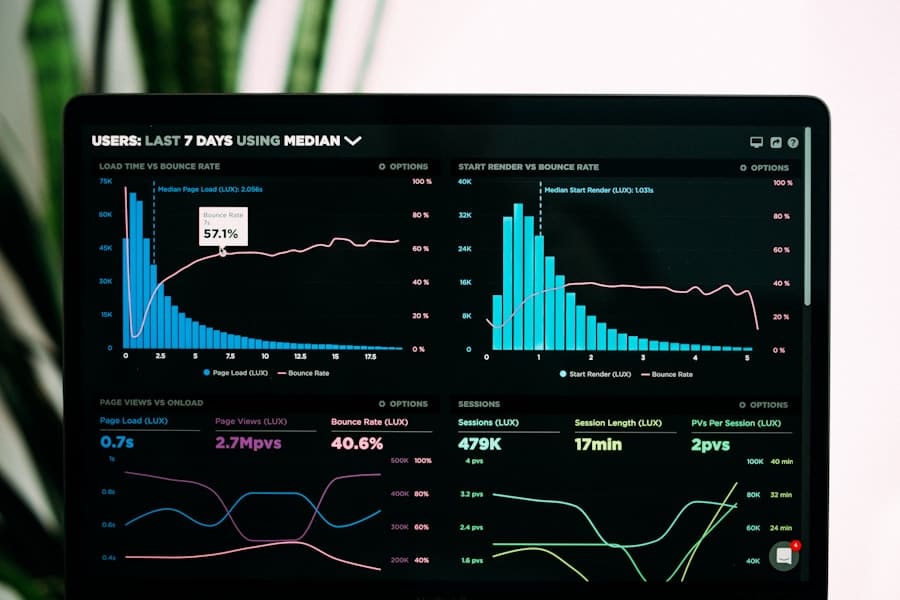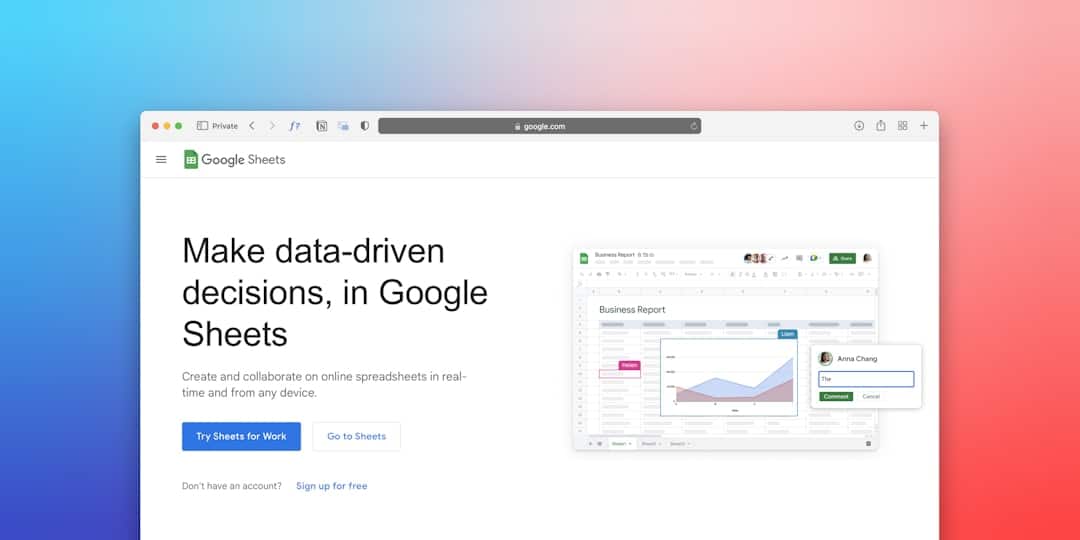The landscape of content marketing has undergone a seismic shift in recent years, largely driven by the advent of artificial intelligence (AI). As businesses strive to capture the attention of increasingly discerning consumers, the integration of AI-powered platforms has emerged as a game-changer. These platforms leverage advanced algorithms and machine learning techniques to analyze vast amounts of data, enabling marketers to create more personalized, relevant, and engaging content.
The rise of AI in this domain is not merely a trend; it represents a fundamental transformation in how brands interact with their audiences. AI-powered platforms are designed to streamline various aspects of content marketing, from ideation and creation to distribution and performance analysis. By automating repetitive tasks and providing insights derived from data analytics, these tools empower marketers to focus on strategic decision-making and creative processes.
As a result, businesses can enhance their content strategies, optimize their marketing efforts, and ultimately drive better results. This article delves into the multifaceted role of AI in content marketing, exploring its benefits, popular platforms, and the challenges that accompany its implementation.
Key Takeaways
- AI-powered platforms are transforming content marketing by automating and enhancing content creation and distribution.
- These platforms leverage AI to analyze data, personalize content, and optimize marketing strategies.
- Benefits include increased efficiency, improved targeting, and higher engagement rates.
- Popular tools include platforms that offer AI-driven content generation, SEO optimization, and audience insights.
- Despite advantages, challenges like data privacy, algorithm biases, and integration issues remain important considerations.
Understanding the Role of AI in Content Marketing
At its core, AI in content marketing serves as a powerful ally for marketers seeking to enhance their outreach and engagement efforts. By utilizing natural language processing (NLP) and machine learning algorithms, AI can analyze consumer behavior, preferences, and trends with remarkable accuracy. This capability allows marketers to tailor their content strategies to meet the specific needs and interests of their target audiences.
For instance, AI can identify which topics resonate most with consumers by analyzing social media interactions, search queries, and engagement metrics. Moreover, AI plays a crucial role in content optimization. Through predictive analytics, AI can forecast which types of content are likely to perform well based on historical data.
This predictive capability enables marketers to make informed decisions about content creation and distribution strategies. For example, if an AI platform identifies that video content tends to generate higher engagement rates for a particular demographic, marketers can prioritize video production in their campaigns. This data-driven approach not only enhances the effectiveness of content marketing efforts but also ensures that resources are allocated efficiently.
Benefits of Using AI-Powered Platforms in Content Marketing

The integration of AI-powered platforms into content marketing strategies offers a plethora of benefits that can significantly enhance a brand’s ability to connect with its audience. One of the most notable advantages is the ability to automate time-consuming tasks. Content creation, curation, and distribution often require substantial manpower and resources.
However, AI tools can automate these processes, allowing marketers to focus on higher-level strategic initiatives. For instance, AI can generate content outlines or even draft articles based on specific keywords or topics, drastically reducing the time spent on initial content development. Another significant benefit is the enhancement of personalization in marketing efforts.
Consumers today expect tailored experiences that resonate with their individual preferences. AI-powered platforms can analyze user data to create highly personalized content recommendations. For example, streaming services like Netflix utilize AI algorithms to suggest shows and movies based on users’ viewing history and preferences.
In a similar vein, brands can leverage AI to deliver personalized email campaigns or social media ads that speak directly to the interests of individual consumers, thereby increasing engagement rates and conversion potential.
Popular AI-Powered Platforms for Content Marketing
Several AI-powered platforms have gained prominence in the content marketing landscape, each offering unique features tailored to different aspects of the marketing process. One such platform is HubSpot, which integrates AI capabilities into its marketing automation tools. HubSpot’s AI features assist marketers in optimizing email campaigns by analyzing open rates and click-through rates to suggest improvements.
Additionally, its content strategy tool uses machine learning to recommend topics based on search trends and user interests. Another noteworthy platform is Jasper (formerly known as Jarvis), an AI writing assistant that helps marketers generate high-quality written content quickly. Jasper employs advanced NLP techniques to understand context and produce coherent articles, blog posts, and social media updates.
This tool is particularly beneficial for businesses looking to scale their content production without sacrificing quality. Additionally, platforms like BuzzSumo utilize AI to analyze content performance across various channels. By identifying trending topics and high-performing content within specific niches, BuzzSumo enables marketers to craft relevant and timely content that resonates with their target audience.
These platforms exemplify how AI can enhance different facets of content marketing, from creation to analysis.
How AI-Powered Platforms Improve Content Creation and Distribution
AI-powered platforms significantly enhance both the creation and distribution of content through automation and data-driven insights. In terms of content creation, these platforms can assist marketers in generating ideas based on trending topics or gaps in existing content. For instance, tools like AnswerThePublic use search query data to reveal what questions people are asking about specific subjects.
This information can guide marketers in creating content that directly addresses consumer inquiries, thereby increasing relevance and engagement. When it comes to distribution, AI plays a pivotal role in optimizing when and where content is shared. Platforms like Hootsuite utilize AI algorithms to determine the best times for posting on social media based on audience activity patterns.
By analyzing historical engagement data, these tools can suggest optimal posting schedules that maximize visibility and interaction.
Case Studies: Successful Implementation of AI-Powered Platforms in Content Marketing

Numerous brands have successfully harnessed the power of AI-powered platforms to elevate their content marketing strategies. One notable example is Coca-Cola, which has utilized AI-driven insights to inform its advertising campaigns. By analyzing consumer sentiment on social media platforms, Coca-Cola was able to tailor its messaging to align with current trends and consumer preferences.
This approach not only enhanced brand relevance but also resulted in increased engagement across various channels. Another compelling case study is that of The Washington Post, which employs an AI tool named Heliograf for automated news reporting. Heliograf generates short news articles based on data inputs such as election results or sports scores.
This innovative use of AI allows The Washington Post to cover a broader range of topics while maintaining high-quality journalism standards. The implementation of Heliograf has enabled the publication to deliver timely news updates efficiently, demonstrating how AI can enhance both speed and accuracy in content creation.
Challenges and Limitations of AI-Powered Platforms in Content Marketing
Despite the numerous advantages offered by AI-powered platforms in content marketing, there are inherent challenges and limitations that marketers must navigate. One significant concern is the potential for over-reliance on automation.
Marketers must strike a balance between leveraging AI tools for efficiency while ensuring that their content retains a human touch that resonates with audiences. Additionally, data privacy concerns pose a challenge for the implementation of AI in content marketing. As these platforms rely heavily on consumer data for personalization and targeting, brands must navigate complex regulations surrounding data protection and privacy.
The General Data Protection Regulation (GDPR) in Europe and similar laws elsewhere require businesses to handle consumer data responsibly and transparently. Failure to comply with these regulations can result in significant legal repercussions and damage to brand reputation.
Future Trends and Innovations in AI-Powered Platforms for Content Marketing
Looking ahead, the future of AI-powered platforms in content marketing is poised for continued innovation and evolution. One emerging trend is the integration of voice search optimization into AI tools. As voice-activated devices become increasingly prevalent, marketers will need to adapt their content strategies accordingly.
AI platforms that can analyze voice search queries will enable brands to create content that aligns with this growing trend. Furthermore, advancements in generative AI are likely to revolutionize content creation processes even further. Tools that can produce high-quality visual content or video based on textual prompts are already emerging on the market.
This capability will allow marketers to diversify their content offerings while maintaining efficiency in production. As machine learning algorithms become more sophisticated, we can also expect enhanced predictive analytics capabilities within AI-powered platforms. These advancements will enable marketers to anticipate consumer behavior more accurately and tailor their strategies accordingly.
The convergence of these trends will undoubtedly shape the future landscape of content marketing, making it an exciting field for both marketers and consumers alike.
In the realm of content marketing, the integration of AI-powered platforms is becoming increasingly vital for businesses looking to enhance their strategies. For further insights into how technology is shaping various industries, you might find the article on The Next Web particularly enlightening, as it explores the latest trends and innovations in the tech world that can influence marketing approaches.
FAQs
What are AI-powered platforms in content marketing?
AI-powered platforms in content marketing are software tools that use artificial intelligence technologies, such as machine learning and natural language processing, to assist in creating, optimizing, distributing, and analyzing content more efficiently and effectively.
How do AI-powered platforms improve content marketing?
These platforms enhance content marketing by automating repetitive tasks, generating data-driven insights, personalizing content for target audiences, optimizing content for search engines, and predicting content performance to maximize engagement and ROI.
What types of content can AI-powered platforms create?
AI-powered platforms can create various types of content, including blog posts, social media updates, email newsletters, product descriptions, video scripts, and even multimedia content, depending on the platform’s capabilities.
Are AI-powered content marketing platforms suitable for all business sizes?
Yes, AI-powered content marketing platforms can be beneficial for businesses of all sizes, from small startups to large enterprises, as they help streamline content creation and marketing processes, saving time and resources.
Do AI-powered platforms replace human content creators?
AI-powered platforms are designed to assist and augment human content creators rather than replace them. They handle routine tasks and provide insights, allowing marketers and writers to focus on creativity and strategy.
What are some popular AI-powered content marketing platforms?
Popular AI-powered content marketing platforms include tools like Jasper (formerly Jarvis), Copy.ai, HubSpot’s AI features, MarketMuse, and SEMrush, among others, each offering different functionalities tailored to content marketing needs.
Is the content generated by AI-powered platforms original and plagiarism-free?
Most AI-powered content platforms use algorithms to generate original content, but it is recommended to review and edit the output to ensure uniqueness, accuracy, and alignment with brand voice. Using plagiarism checkers is also advisable.
How do AI-powered platforms help with SEO in content marketing?
AI-powered platforms analyze keywords, competitor content, and search trends to optimize content structure, headlines, and metadata, improving search engine rankings and driving organic traffic.
Can AI-powered platforms analyze content performance?
Yes, many AI-powered platforms include analytics features that track content engagement, audience behavior, and conversion metrics, providing actionable insights to refine content strategies.
Are AI-powered content marketing platforms expensive?
Pricing varies widely depending on the platform and features offered. Some platforms offer tiered subscription models suitable for different budgets, including free trials or basic free versions for smaller businesses or individual users.

